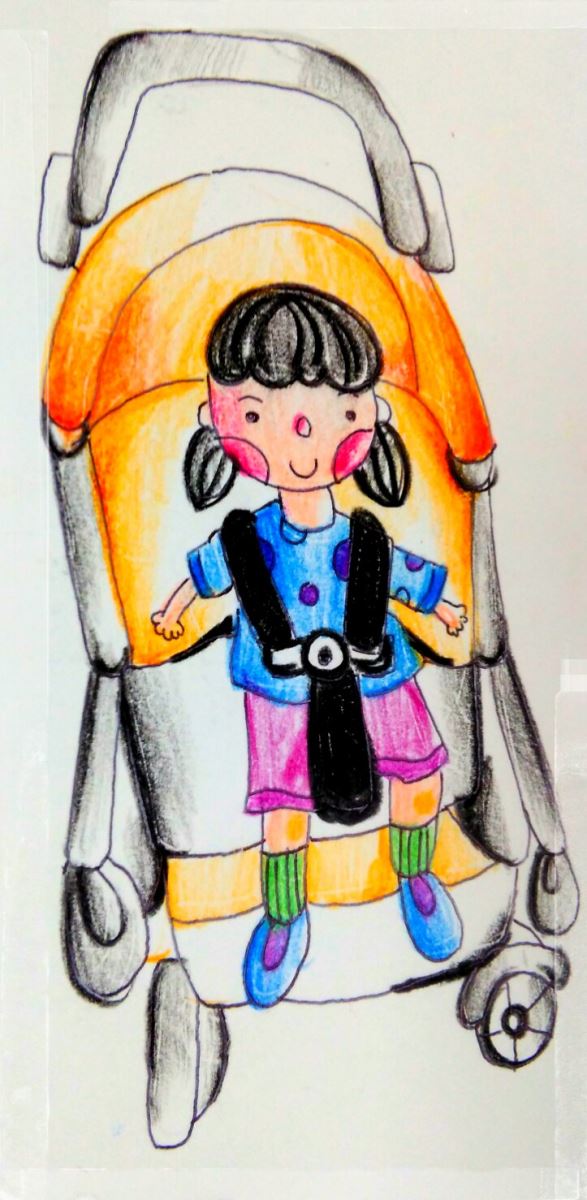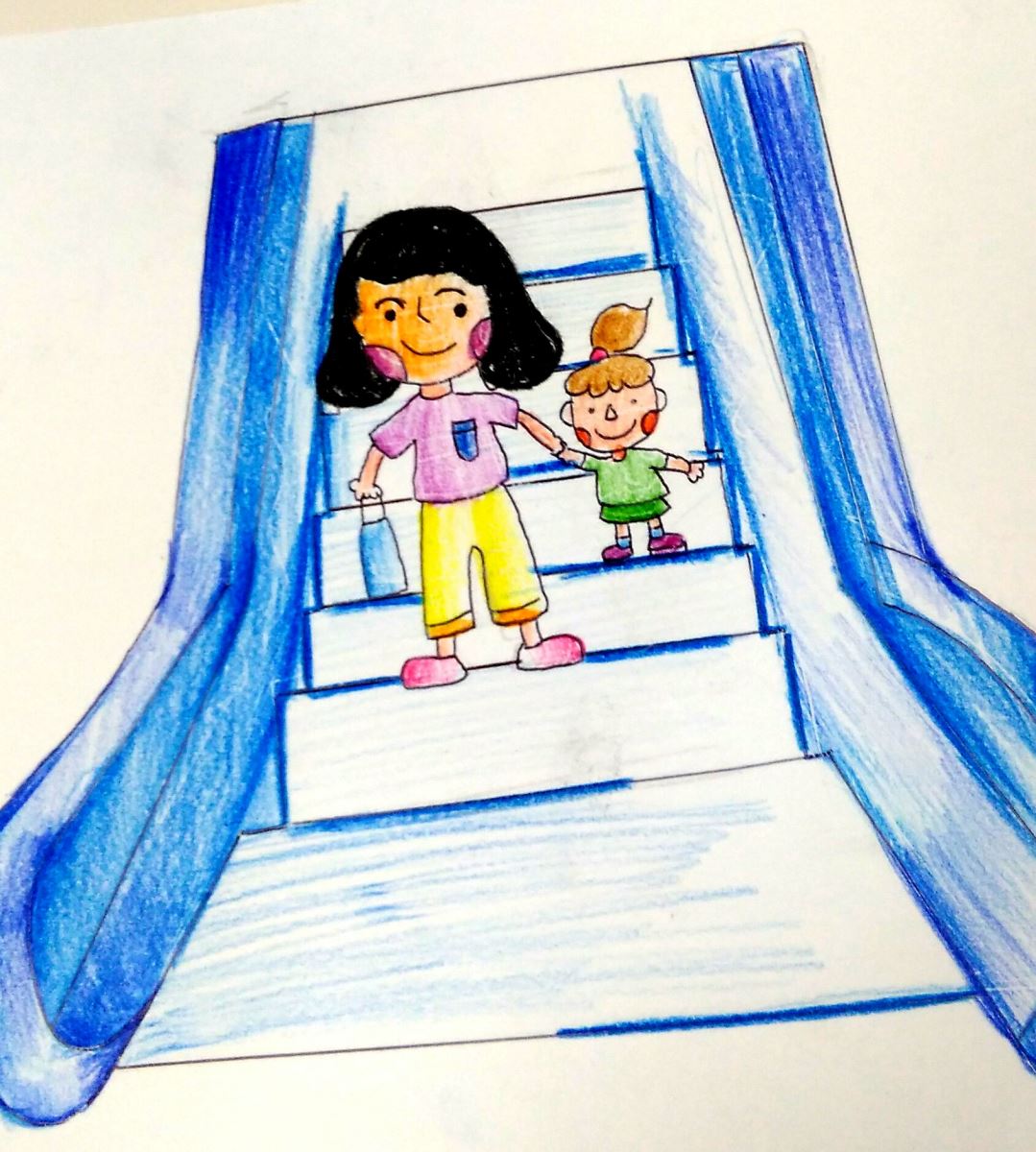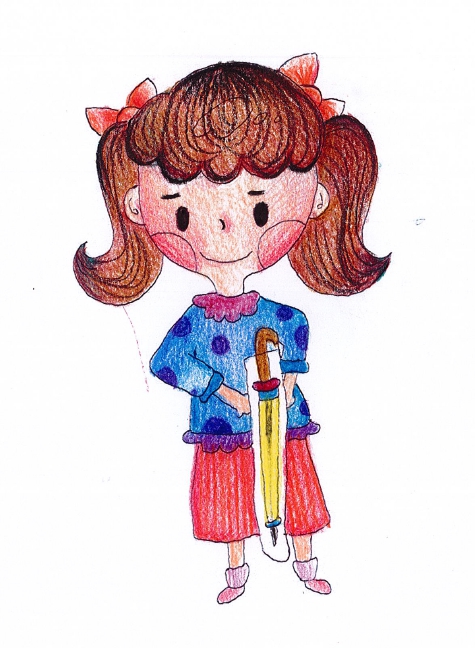Importance of preventing falls
Falls can result in injuries ranging from skin and flesh injuries to fractures or intracranial bleeding, or even death. Children are at high risk of falling down, so how to avoid children falling to the ground and reduce the occurrence of injury is worthy of our attention and concerns.
Which children are prone to fall?
- Less than 5 years old.
- Experience of falling.
- Confusion, lethargy, dullness, and disorientation.
- Blurred vision or blindness.
- Headache, dizziness, postural hypotension.
- Unstable gait, using walking aids.
- On sedatives and hypnotics, painkillers and anesthetics, antihypertensive drugs, diuretics, antihistamines, hypoglycemic drugs, antiepileptics, mydriatics and other drugs.
Fall prevention - when using wheelchairs, riding a school bus or in strollers
- If your child has mobility problems or is very unwell, you can borrow a wheelchair from the information desk to avoid falling.
- Before using the wheelchair, it should be fully open, the footrest pulled up and the brake wheel fixed before the patient can be helped into the wheelchair to avoid falling due to sliding thereof. If the child is unable to sit stably or is confusional, please fix his/her body properly, and make sure that their feet are firmly on the footrest, with the help of other family members in front.
- When a child is in a wheelchair or on a school bus, please fasten their seat belt to avoid standing up.
- If your child is in a stroller, be sure to push the stroller properly and avoid leaving.
Fall prevention – when taking elevators and escalators
- People with mobility difficulties may move slowly when entering or exiting the elevator. Please ask others to help hold the elevator to avoid being crushed. Children and people who cannot read or are not used to taking the elevator are advised not to ride alone to avoid accidents.
- People can make more use of the escalator. You can keep your hand on the handle to increase your stability. People in long skirts should not lean against the side of escalators to avoid their garment corners being sucked in.
- Children should be led by their parents. Do not let children go on the escalator alone or play on the escalator.
- When walking the stairs, you should be careful not to miss your step, and pay attention to the accompanying children, and do not let them climb and play on the stairs.
- Walking stairs is good for health, but those with mobility difficulties, physical weakness or poor eyesight should not manage to walk stairs and should be accompanied by family members.
Fall prevention – when going to hospital on a rainy day
- On rainy days, before entering the hospital hall, please use the plastic cover prepared by the hospital to cover your umbrella first, so that the water on the umbrella will not drop on the ground, resulting in a slippery floor and falls.



Fall prevention – other precautions
- Parents should take special care when bringing their young children to the hospital. Do not let their lively children run in the hospital and bump into the patients and cause accidental injuries to both sides.
- Avoid letting a child hold an infant, lest he/she loses his/her balance and falls over.
- If your child has received ophthalmic medication, which may temporarily affect his/her vision, please try to keep him/her in the waiting area for a rest to avoid walking around.

